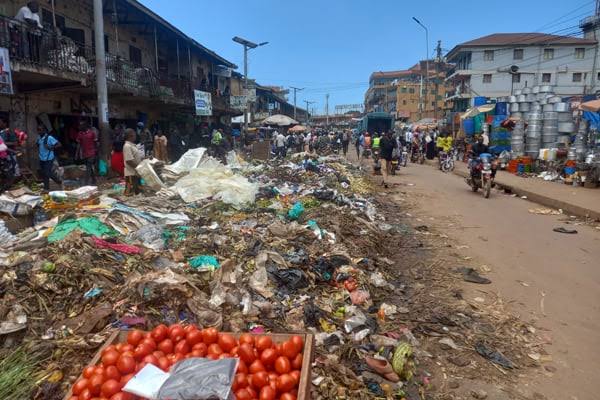By CHANGE OF GUARDS
Ever since Museveni’s autocratic tendencies became the hallmark of his regime, urban dwellers, particularly in the capital, Kampala, have defiantly and consistently rejected his manipulation of the electoral process. While engaging in widespread electoral rigging in rural areas has always been easier for him, it has proven to be a much more difficult task in urban settings. He acts with restraint in urban areas, fearing public scrutiny, but more importantly, he is concerned that urban voters might resort to demonstrations, protests, or even riots. He has often allowed the opposition to win parliamentary and local government positions in urban areas, especially in the Greater Kampala electoral region.
However, for the past 15 years, Museveni has waged a sustained war against the elected leadership of Kampala City, particularly targeting the Lord Mayor. This is largely because Kampala is the country’s administrative and economic hub, generating almost 70% of national revenue collections. To undermine Lord Mayor Erias Lukwago, Museveni created the Ministry of Kampala City, which is managed by two cabinet ministers and placed under the Office of the President. At one point, he used the same ministry to arbitrarily impeach the Lord Mayor. Unsurprisingly, three years later, Lukwago was reinstated by the court and compensated for damages. Museveni then amended the law, creating the Kampala City Council Authority (KCCA), headed by his appointed Executive Director, whose core mandate is to undermine the Lord Mayor’s authority.
During the tenure of Janepher Musisi, Museveni provided her with all the necessary financial support, enabling her to make some cosmetic improvements to the city. At one point, he publicly boasted about having successfully weakened the Lord Mayor, Erias Lukwago. However, Musisi was unceremoniously removed from her position, allegedly due to her failure to effectively undermine the Lord Mayor. Despite the ongoing power struggles, city dwellers continued to defiantly vote for the opposition.
In response, Museveni significantly cut funding from the central government to the Kampala Capital City Authority (KCCA), leading to a decline in the city’s social and economic services. The state of roads in Kampala is now among the worst in the world. Public schools and hospitals in the city are in a deplorable condition. Persistent issues such as fire outbreaks, rising crime, unfair taxation, and brutal law enforcement are seen as deliberate efforts to punish the predominantly opposition-leaning urban dwellers. The recent horrific collapse of the Kiteezi landfill, which claimed the lives of hundreds, was yet another anticipated disaster.

He sacked the Executive Director and the Deputies, allegedly over the same disaster. However, it is crystal clear that the real issue was their failure to adequately undermine the Lord Mayor. The Minister was also accused of being too close to the Lord Mayor. Her Deputy, Kyofa Togabye, had reportedly been secretly briefing Museveni on the situation. As a result, Museveni directed that the office of the Executive Director be placed under the Head of Public Service and Secretary to the Cabinet, effectively bypassing the Minister. The dismissal of the two officials had little to do with the Kiteezi landfill collapse.
As for why the newly appointed Executive Director has prioritized the brutal crackdown on street vendors, that’s a discussion for another day.
Therefore, the war is still ongoing, and the casualties remain the defiant city dwellers.
INFORMATION IS POWER AND THE PROBLEM OF UGANDA IS MUSEVENISM







Discussion about this post